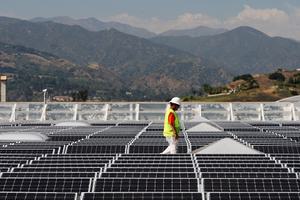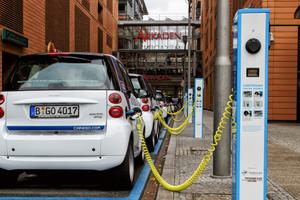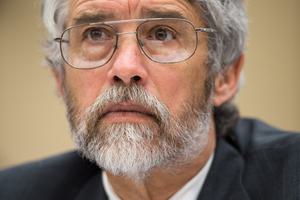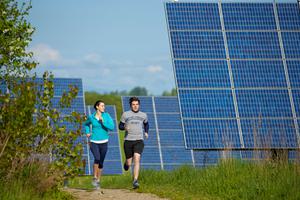Energy
-
Hazardous Haze
Unraveling the Myriad Causes Of North India’s Pollution Pall
-
Breaking Records
How the World Passed a Carbon Threshold and Why It Matters
-
The Greenhouse Gas Riddle
What is Causing the Recent Rise in Methane Emissions?



















